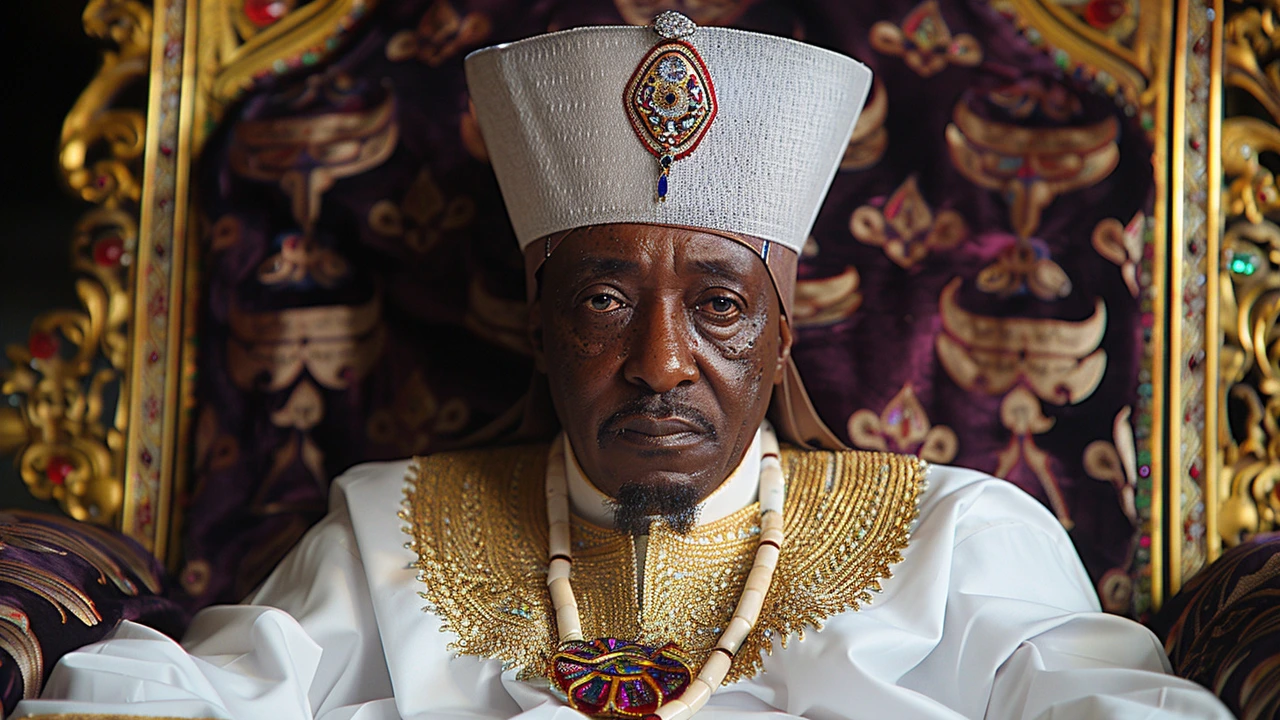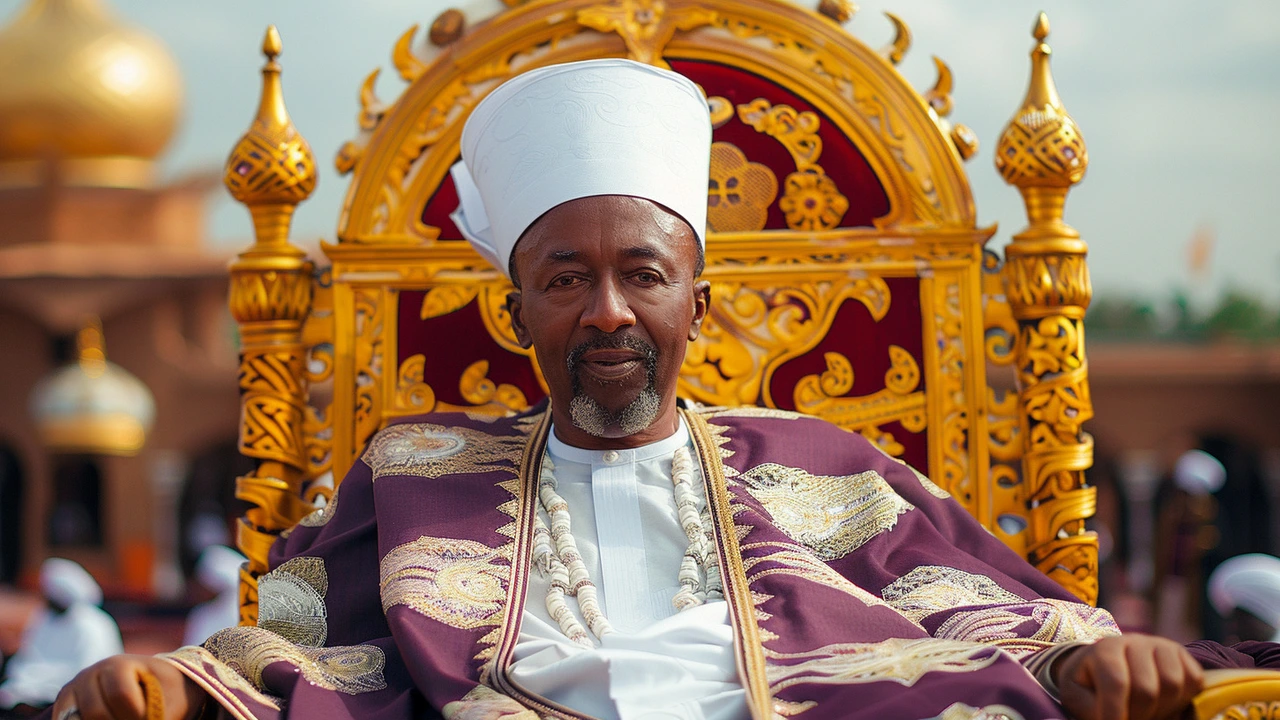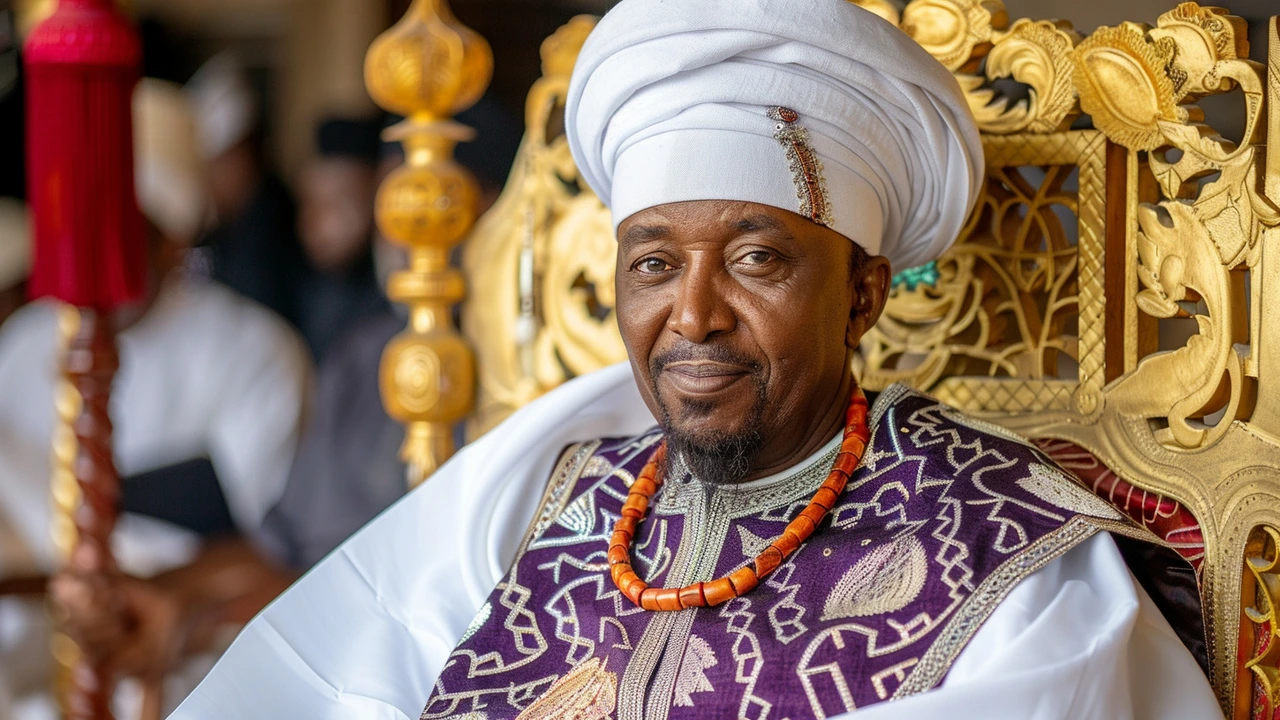Sanusi Lamido Sanusi II Returns Amid Political Upheaval
In a significant turn of events, Sanusi Lamido Sanusi II has been reinstated as the Emir of Kano. This restoration follows a crucial decision by the Kano State House of Assembly to dismantle the recently established Emirates. The political repercussions of this decision are already sparking debates and speculation regarding the future of traditional leadership in the region.
The reinstatement of Sanusi Lamido has been seen as a pivotal move, marking a possible shift in the power dynamics within the Kano Emirate Council. The process now awaits the governor's assent to the Amendment Bill, which is expected to further solidify Sanusi's position. This changing landscape in Kano's traditional leadership has stirred various reactions from both political and traditional spheres.
Implications for Traditional Institutions
As the dust settles on this landmark decision, much attention is being paid to the ramifications for Kano's traditional institutions. The dismantling of the new Emirates, which had been established under a repealed law, indicates a possible realignment of authority and influence within the region. Many district heads who were elevated or appointed under the now-defunct law are anticipated to revert to their previous positions.
This reversion not only affects the structure of governance in the region but also impacts the socio-cultural landscape. Traditional institutions in Kano have long played a significant role in the lives of the people, serving as the guardians of culture, customs, and social order. The reinstatement of Sanusi is a testament to the enduring relevance and resilience of these institutions amid changing political tides.

Political Maneuvering and Power Dynamics
The decision to bring back Sanusi Lamido has not occurred in isolation. It is deeply intertwined with the broader political maneuvering that is characteristic of Kano State's governance. The initial removal of Sanusi in 2020 was steeped in controversy, with many attributing it to his outspoken nature and his firm stances on issues that often put him at odds with the political establishment. His reinstatement now suggests a possible shift in the political landscape or at least a temporary alignment of interests.
Questions abound regarding the stability of traditional institutions amidst this political maneuvering. Will Sanusi's return herald a period of stability and reaffirmation of traditional leadership values, or will it lead to further conflicts as different factions vie for influence? The answers to these questions could shape the socio-political climate of Kano for years to come.
Reactions from the Public and Stakeholders
The reinstatement of Sanusi has elicited mixed reactions from various quarters. Traditionalists see this as a victory for the preservation of cultural heritage and the rightful acknowledgment of Sanusi's legitimacy as Emir. Meanwhile, political analysts view it as a strategic move that could realign power structures in Kano.
Among the general populace, there is a mixture of hope and uncertainty. Many residents of Kano still hold deep respect for Sanusi, not just for his position but also for his vocal advocacy on social and economic issues. His return could potentially inspire renewed trust in traditional institutions. However, there are also those who worry about the potential for political volatility as a result of this reinstatement.
Future Prospects and Challenges
Looking ahead, Sanusi Lamido Sanusi II faces the daunting task of navigating the changing tides of Kano's political and social environments. His previous tenure was marked by efforts to modernize aspects of the Emirate, push for educational reforms, and address economic challenges. Will he continue on this path, or adopt a different approach in light of recent developments?
He will also have to manage the delicate balance between maintaining traditional values and addressing contemporary issues. The socio-political landscape of Kano is complex, with various stakeholders holding differing visions for its future. Sanusi's leadership will likely play a critical role in shaping the direction of the Emirate in the coming years.
Another layer of complexity is the potential influence of external political forces. Given the interconnected nature of local and state-wide politics in Nigeria, Sanusi's role as Emir could also be impacted by broader political shifts at the state and national levels. This dynamic makes the unfolding scenario in Kano not just a matter of local interest but a significant event with implications that could resonate far beyond the region.

Conclusion
The reinstatement of Sanusi Lamido Sanusi II as the Emir of Kano is more than a mere reversal of a previous decision. It symbolizes a critical moment in the interplay between traditional leadership and political power in Kano State. This development underscores the resilience of traditional institutions, the complexities of political maneuvering, and the ever-evolving nature of governance in the region.
As the region watches closely, the actions and decisions of Emir Sanusi in the coming days will undoubtedly have far-reaching impacts. Whether his return brings about stability or further turbulence remains to be seen, but it is clear that Kano's socio-political landscape will be significantly influenced by this pivotal moment.










Write a comment